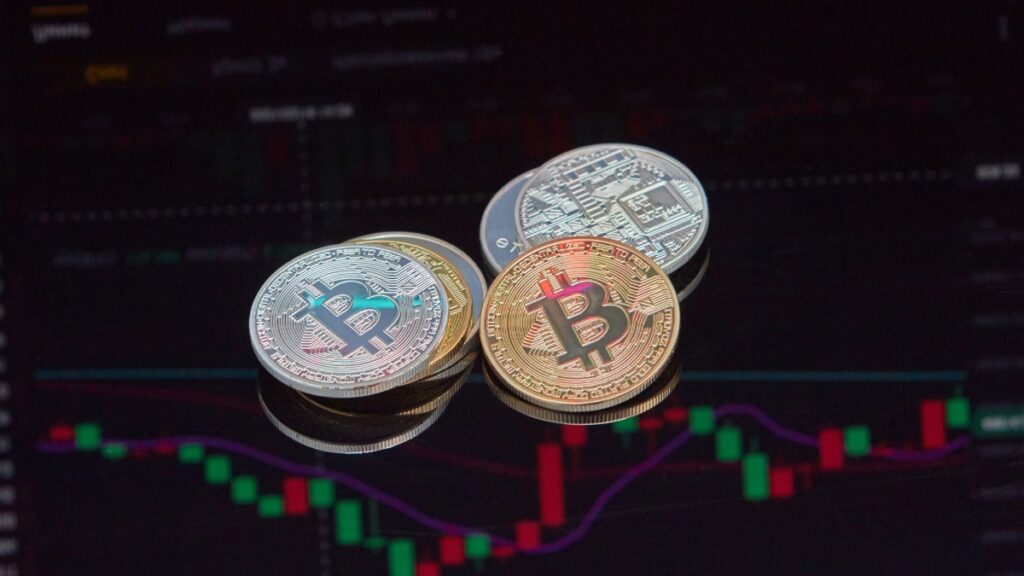Crypto and the Courts
The meteoric rise of cryptocurrencies has not only ignited financial frenzy but also sparked a legal revolution.
These digital assets, born from the revolutionary potential of blockchain technology, operate outside the confines of traditional financial systems, challenging established legal frameworks and prompting courts worldwide to engage in a complex dance of interpretation and innovation.
This article delves into the intricate legal landscape surrounding cryptocurrencies, exploring the key issues that currently occupy the courts and charting the potential trajectories of this evolving terrain.
Classifying the Elusive Beast: Money, Property, or Something Else?

One of the fundamental legal hurdles in regulating cryptocurrencies is their ambiguous classification. Traditional legal frameworks distinguish between money and property, each with distinct rights and obligations attached.
Cryptocurrency, however, blurs these lines. It functions as a medium of exchange and store of value, exhibiting characteristics of both money and property.
Courts across jurisdictions have tackled this classification enigma with diverse approaches. In the United States, the landmark case of SEC v. Howey established the Howey Test, which determines whether an asset qualifies as an “investment contract,” a security subject to SEC regulation.
Applying this test to cryptocurrencies has yielded inconsistent results, with some courts classifying them as securities (e.g., Munchee, Inc. v. SEC) and others finding them to fall outside the purview of securities laws (e.g., SEC v. Kik).
Similarly, European courts have grappled with cryptocurrency classification. The landmark XRP II case by the European Court of Justice clarified that Bitcoin does not fall under the definition of “currency” within EU law, opening the door for further regulatory clarity.
However, the specific classification of individual cryptocurrencies remains a subject of ongoing court battles.
The lack of a uniform global classification creates challenges for cross-border transactions, anti-money laundering (AML) efforts, and tax enforcement.
As the cryptocurrency market evolves, courts are likely to play a significant role in shaping the legal landscape, potentially leading to a more nuanced classification system that acknowledges the diverse features of various digital assets.
Under the Regulatory Microscope: Balancing Innovation and Stability

Governments worldwide have adopted diverse approaches to regulating cryptocurrencies, ranging from outright bans to fostering controlled innovation.
Early court decisions often reflected the cautious skepticism of regulators, with rulings focused on consumer protection and combating illegal activities.
The landmark SEC v. Mt. Gox case in the US, for example, highlighted the vulnerability of cryptocurrency exchanges to hacks and fraud, while FinCEN v. Bitfinex addressed potential AML violations within the cryptocurrency space.
However, as the potential of blockchain technology and cryptocurrencies became increasingly evident, courts began to acknowledge the need for innovation within defined regulatory frameworks.
The UK High Court’s decision in AA v. Persons Unknown recognized the enforceability of smart contracts under English law, providing a crucial foundation for secure and reliable transactions within the blockchain ecosystem.
Additionally, US courts have issued rulings recognizing the rights of cryptocurrency holders in bankruptcy proceedings, providing greater legal certainty for investors.
These evolving court decisions indicate a shift towards a more nuanced approach to cryptocurrency regulation.
Courts are increasingly tasked with balancing the need to protect consumers and maintain financial stability with the desire to foster innovation and facilitate the responsible development of this nascent industry.
Beyond Borders: Navigating the Global Labyrinth of Cryptocurrency Law
The decentralized nature of cryptocurrencies presents a significant challenge for legal frameworks primarily designed for territorial control.
Cross-border transactions involving digital assets can span multiple jurisdictions, creating complexities in applying relevant laws and enforcing court orders.
The landmark SEC v. Telegram case in the US, for example, highlighted the challenges of regulating foreign companies operating within the global cryptocurrency market.
To address these issues, courts are increasingly collaborating with their counterparts in other jurisdictions, seeking to harmonize approaches and facilitate cross-border enforcement.
International initiatives like the Financial Action Task Force (FATF) are also playing a crucial role in setting global standards for AML/KYC regulations applicable to cryptocurrency transactions.
However, significant hurdles remain in achieving truly effective international cooperation. Differing national regulations and jurisdictional complexities can impede seamless information sharing and coordinated enforcement actions.
Continued dialogue and collaboration between courts, governments, and international organizations are crucial to establishing a robust global framework for regulating cryptocurrencies and navigating the legal labyrinth of cross-border transactions.
Contractual Conundrums: Smart Contracts and the Future of Agreements
The emergence of smart contracts, self-executing contracts stored on a blockchain, raises new legal questions about enforceability, liability, and jurisdiction.
Traditional contract law principles often struggle to fully encompass the unique characteristics of these blockchain-based agreements.
The landmark Enjuris Pte Ltd v. Swissquote Pte Ltd case in Singapore clarified that smart contracts can be legally binding agreements under certain conditions, paving the way for wider adoption of this technology.
Crypto and the Courts Crypto and the Courts Crypto and the Courts Crypto and the Courts
